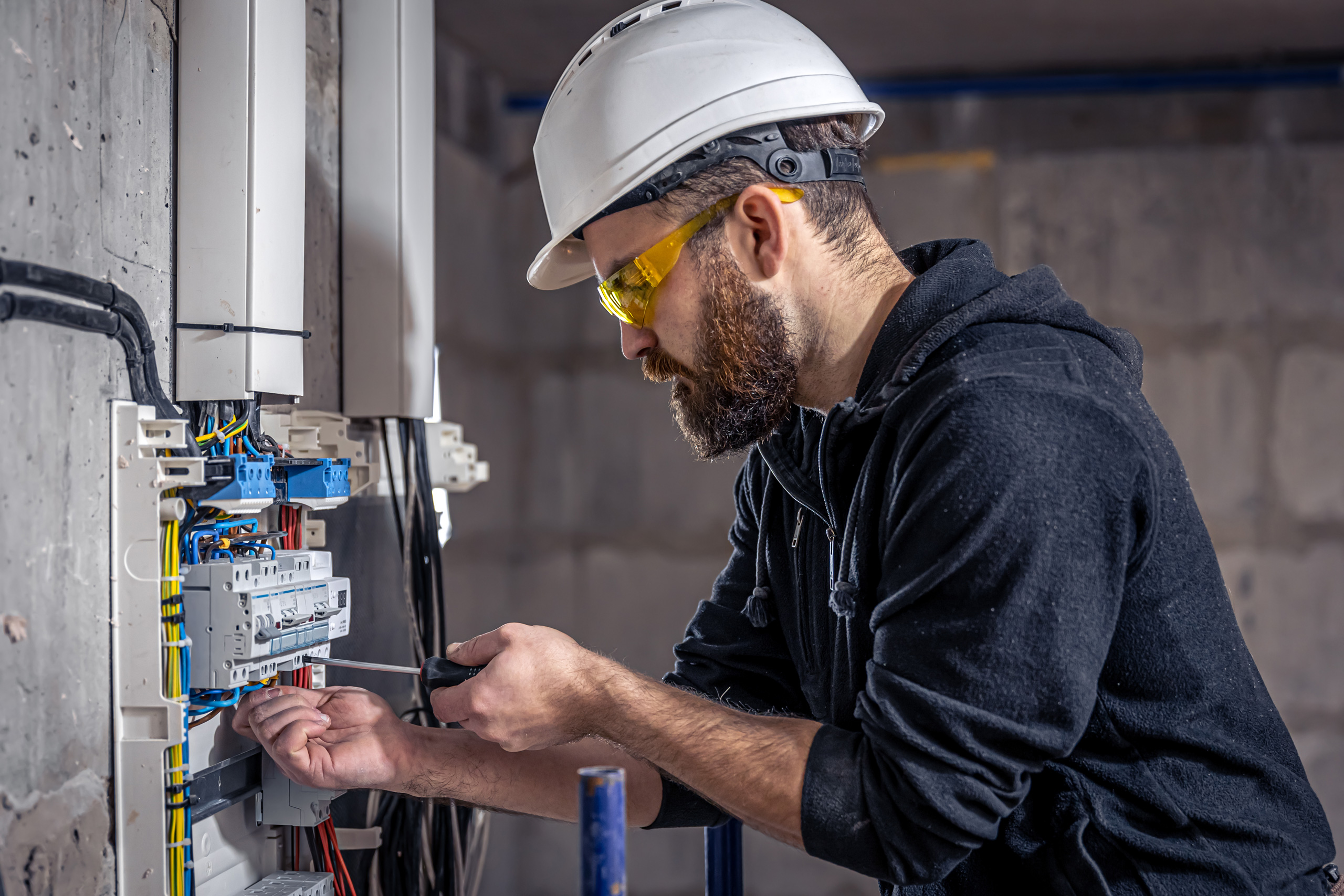
Duration: 0.50 Hrs
Course Level: Intermediate
Languages: English
Capability: Audio, Video
A digital multimeter is a single instrument that is capable of measuring voltage, current, and resistance, so it is useful for troubleshooting electrical circuits and equipment. Voltage measurements can be made between any two arbitrary points in a circuit or relative to a single absolute ground point. Either method can be used to isolate component performance problems within a circuit. Current measurements with a multimeter require incorporating the meter into a circuit, so they are more difficult to make. Voltage and current measurements require that a circuit be energized. Resistance measurements require that the power be off and the tested component isolated from the rest of the circuit.
Duration: 0.50 Hrs
Course Level: Intermediate
Languages: English
Capability: Audio, Video
A digital multimeter is a single instrument that is capable of measuring voltage, current and resistance. A digital multimeter is an indispensable general-purpose tool for troubleshooting electrical problems. There are other dedicated test instruments, which in various ways, go beyond the capabilities of the multimeter. This module describes the typical features and usage of digital multimeters, as well as those of voltage detectors, clamp ammeters, megohmeters, digital thermometers and oscilloscopes.
Duration: 0.50 Hrs
Course Level: Intermediate
Languages: English
Capability: Audio, Video
Electrical work requires the use of hand tools. Possessing the correct tools and the knowledge of how to use them correctly and safely is essential in order to successfully accomplish a job. The term electrical work encompasses a variety of jobs which involve the use of a range of different tools. Within that range are a basic set of tools that are used by both apprentice and accomplished electricians alike. It is this set of basic tools that will be introduced in this module.
Duration: 0.25 Hrs
Course Level: Intermediate
Languages: English
Capability: Audio, Video
Electricity can be dangerous to human beings. The use of non-conductive tools is one of many techniques used to reduce the chance of injury when working with electricity. Electrical conductivity is an intrinsic property of a material which quantifies the ability of a material to allow or oppose the flow of electrons produced by a voltage difference across the material. Non-conductive tools help protect an electrical worker by preventing the flow of electricity from a live source to the person holding the tool.
Duration: 1.00 Hr
Course Level: Intermediate
Languages: English
Capability: Audio, Video, MobileReady
Anyone who uses test equipment should be capable of operating and maintaining that test equipment. This capability must be the result of formal training and demonstrated through on-the-job training. Completion of the training process allows a person to be “qualified.” A person who does not meet this requirement should work under the direct supervision of a qualified person. This interactive online course is designed to aid in the training process by introducing participants to the basic principles involved in using electrical test equipment.